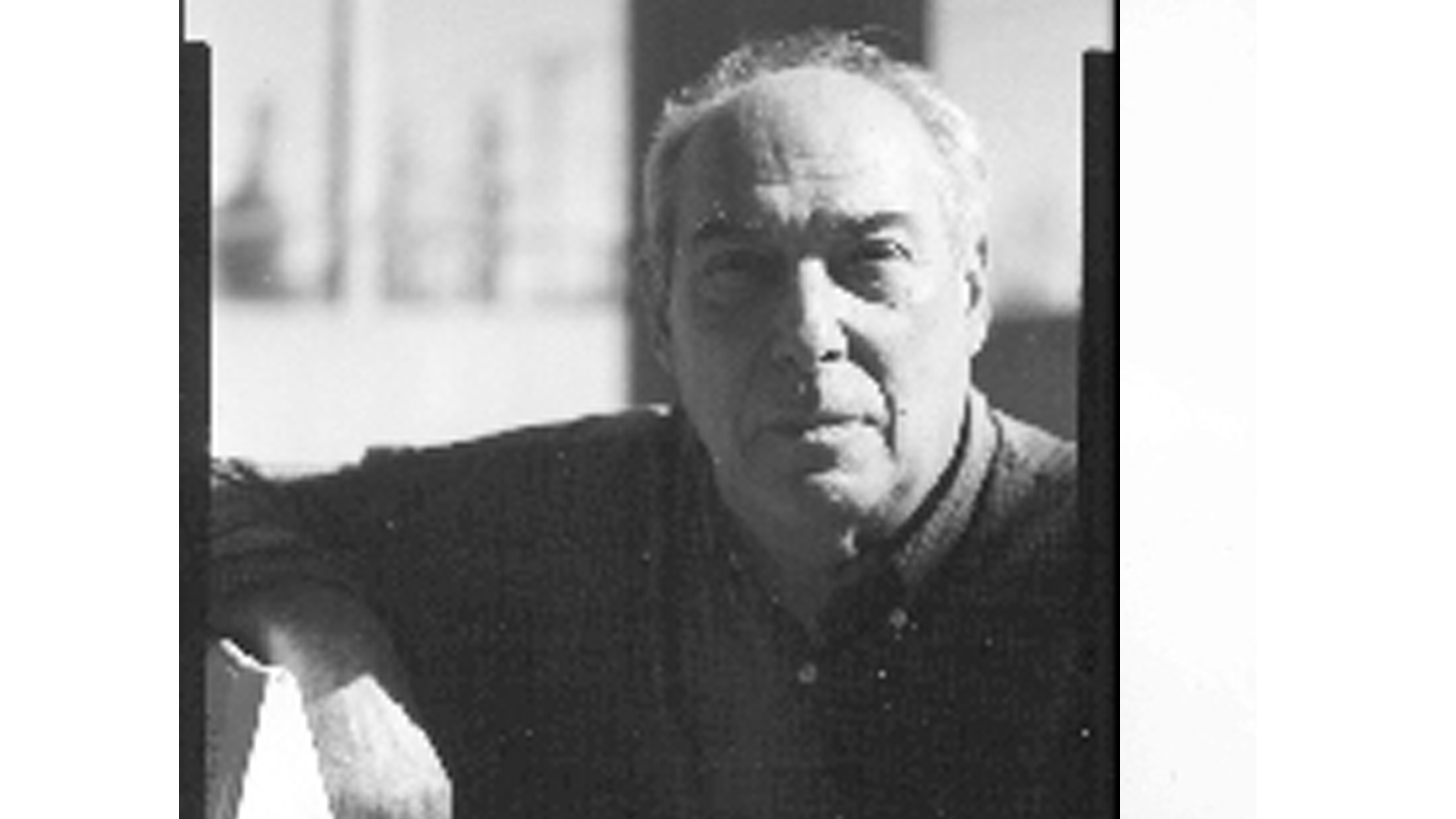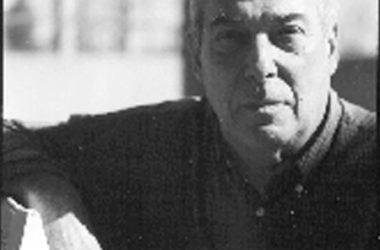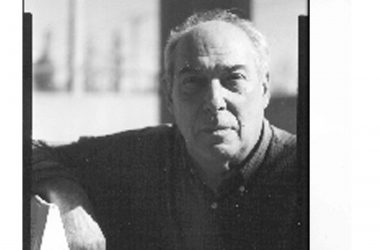I have no memory of the first place we lived after I was born. It was across from beautiful Fairmount Park, not far from where my father grew up, near where he spoke on street corners ten years earlier for the Communist Party, when the district was predominantly Jewish (today it is entirely black). In later years my father often reminisced about the Party section organizer, a man named Ike (short for Isaac of course) Kastrow, he described as the epitome of the CP functionary. To the end of his life my father pronounced the name of the Cuban Prime Minister as “Castrow.”
The first home I remember was in a house in West Philadelphia. Most of the people in the neighborhood were black. My strongest memory from those years is overcrowded schoolrooms. When I was seven we moved to the first floor of a duplex apartment in another part of West Philly; Bobbie and Big Zaidy occupied the second floor. The neighbors were Jews, Irish and other “whites,” and Armenians. I have already mentioned that my grandfather Nathan worked as a butter-and-egg man; although not a wage-laborer, he lived at a proletarian standard; his sister Dorothy was married to my Uncle Harry, a taxi driver. For most of my childhood and youth my father got up seven days a week at four in the morning to deliver the morning newspaper door to door, without a single day off in eighteen years. I helped him from the time I was eleven. My mother worked occasionally at part-time jobs. I remember helping her on one, going door-to-day in the poorest neighborhood in Wilmington, Delaware asking people what they knew of various local banks. We lived at a working-class standard, no wealthier than our gentile neighbors, yet we read books and listened to classical music, and most of them did not. Owing to their Jewish background or their leftwing affiliations, or both, my parents had friends outside of their social class. Later, with the help of some of these friends they were able to start a business and become prosperous.
“Come all you sons of Moses, with all your crooked noses, Fight, fight, fight for Palestine. Save all your dimes and nickels, buy all those Jewish pickles, Fight, fight, fight for Palestine.” That song must have been from around 1948; I had no idea what the words referred to; all the kids liked it for its catchy tune, a knock-off of a Zionist anthem. When I was ten my parents sent me for two weeks to a summer camp operated by the American Friends (Quakers). Once on a hike some of my fellow hikers began to sing “Onward Christian Soldiers.” Overflowing with resentment, a friend (who had been my classmate at the Yiddish school) and I burst forth with the only few words of the only Yiddish song we could recall, something about Chanukah.
One year at Christmas-time, the teacher asked our sixth-grade class, Who was the greatest Man Who ever lived? Without hesitation I raised my hand and, a true child of the New Deal and the Popular Front, volunteered “Franklin Delano Roosevelt.” It was not the answer she wanted.
Our home was close to the television studio that broadcast “Bandstand.” I went there a couple of times, but always felt uncomfortable: most of the regulars on the show attended West Catholic High, and had different dress and hair styles from mine, and the girls refused to dance with me. There was a scandal when the news broke that the show’s host, Bob Horn—fitting name—kept an apartment near the studio which he used for trysts with some of the Virgin Mary regulars. To restore the show’s image the studio brains replaced him with then-unknown Dick Clark, Mister Babyface. Bandstand became a nationwide hit as American Bandstand, and Dick Clark, assisted by countless facelifts, became America’s Oldest Teenager, the host of television game shows and New Year’s Eve ceremonies. I record this here in the name of historical accuracy.
Send comments to [email protected]. Indicate if they are intended for publication.



